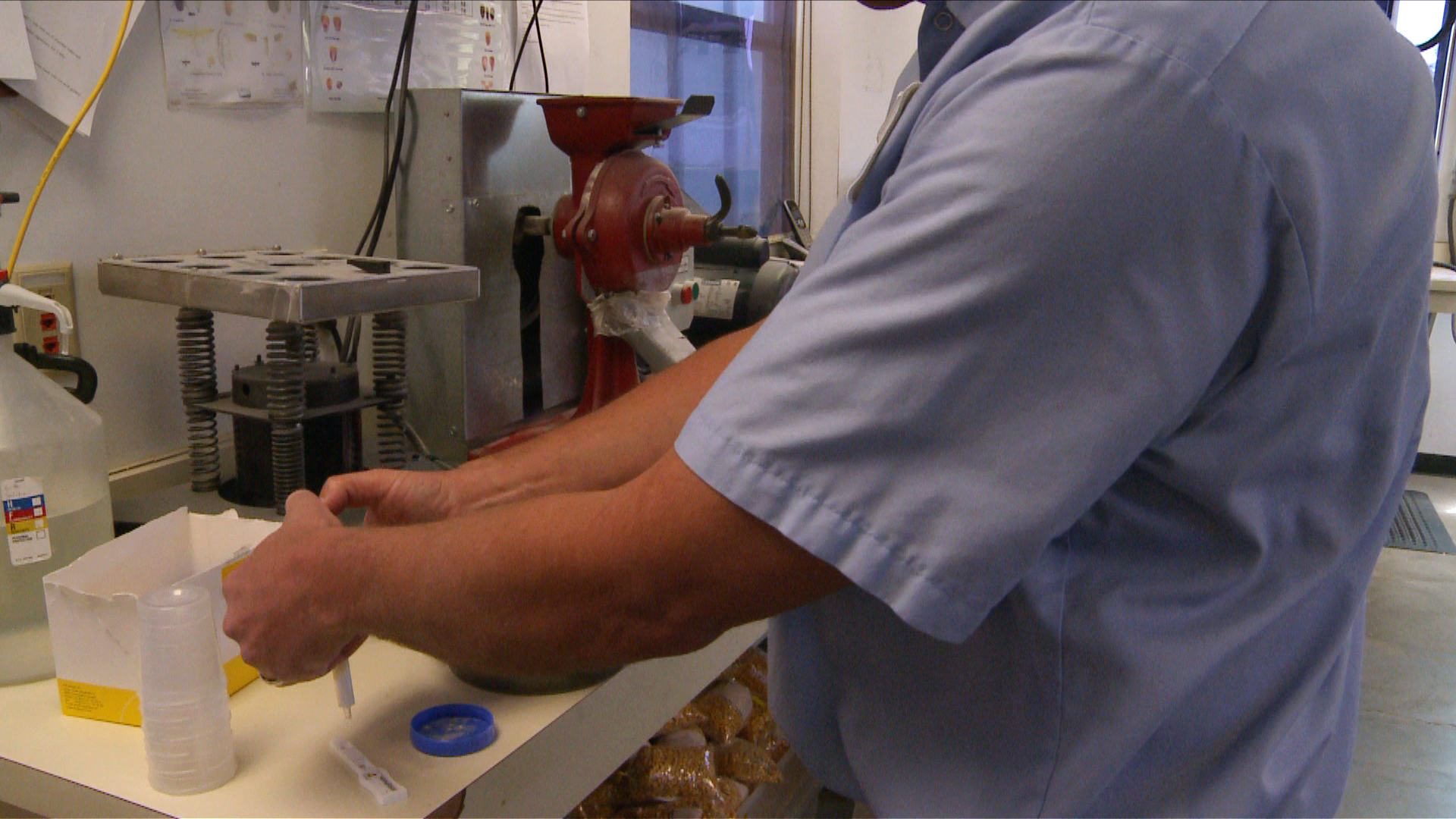 Contaminants
Contaminants
Contaminants are substances that have not been intentionally added to food. Food production processes can lead to substances entering the food at any moment: during manufacturing, handling, storage, processing or distribution. Contaminants can also enter the food from the environment. The presence of such substances in food must be monitored carefully to avoid contamination effecting the quality of the food or making the food unsafe.

The role of Codex in Contaminants
The Codex maximum level (ML) for a contaminant in a food or feed commodity is the maximum concentration of that substance recommended by the Codex Alimentarius Commission to be legally permitted in that commodity. As many contaminants occur naturally it would be impossible to impose a zero limit on these substances. To protect human health Codex works to keep these levels as low as possible based on sound scientific evidence.
The Codex Committee on Contaminants in Food (CCCF) establishes and endorses permitted maximum levels or guideline levels for contaminants and naturally occurring toxicants in food and feed. It also prepares priority lists of contaminants and naturally occurring toxicants for risk assessment by the Joint FAO/WHO Expert Committee on Food Additives (JECFA).
The CCCF considers methods of analysis and sampling for the determination of contaminants and naturally occurring toxicants in food and feed and develops and elaborates standards or codes of practice for related subjects. It also considers other matters assigned to it by the Commission in relation to contaminants and naturally occurring toxicants in food and feed.
Related Codex Texts
News
.jpg)
CCCF17/ President of Panama gives opening speech for contaminants meeting

“Move things forward and get new Codes out there in the world” - Contaminants committee begins next week

Contaminants Committee recognizes contribution of Yukiko Yamada to food safety

CCCF / cooperation at international level key to safety and quality of food

Codex60 / Launch of new format for code of practice on lead at contaminants committee
.jpg)
There are many challenges coming our way – the future of food is discussed at a CCCF side event
Key Facts
- Contaminants are substances that have not been intentionally added to food
- Contaminants can be present in food as a result of the various stages of production, packaging, transport or storage. They can also result from environmental contamination
- Codex has established 17 (MLs) for contaminants including mycotoxins (poisonous funghi produced by certain chemical compounds), metals (such as arsenic, lead and mercury) and radionuclides (e.g. in drinking water)
- Codex MLs ensure food does not contain contaminants at levels which could threaten human health
- JECFA meets twice a year to evaluate contaminants in food
Five keys to safer food
Resources
FAO - food safety and quality
WHO - chemical risks


